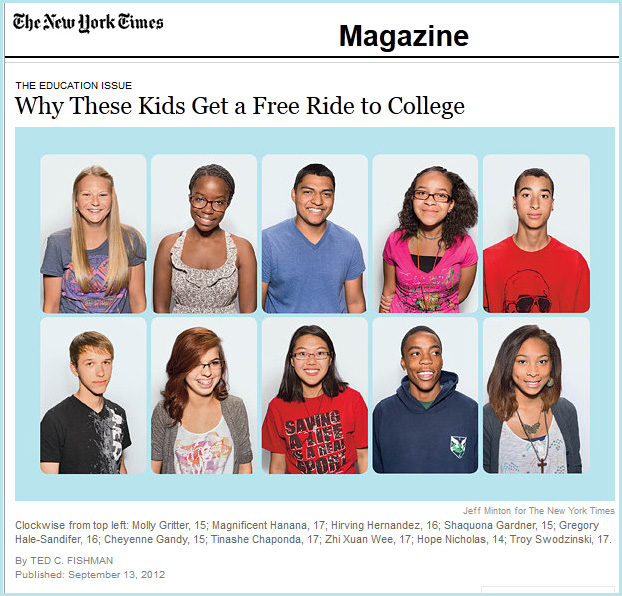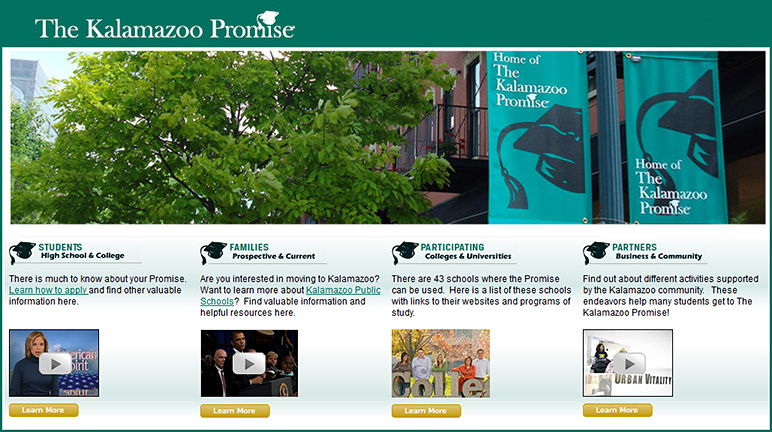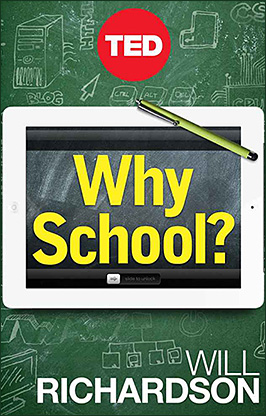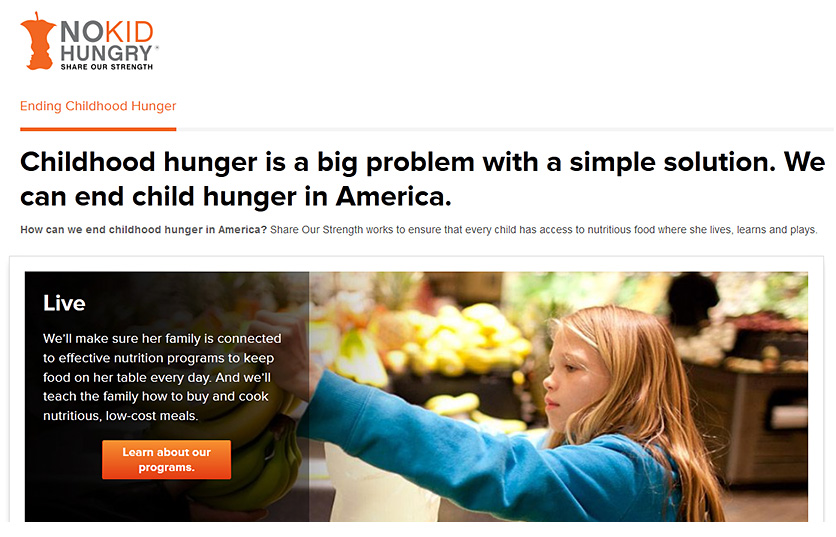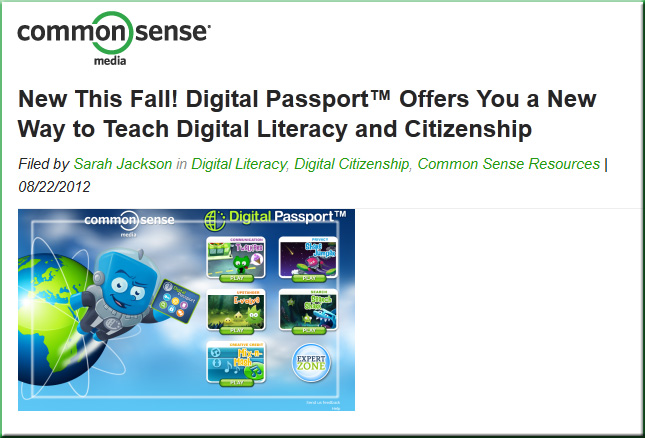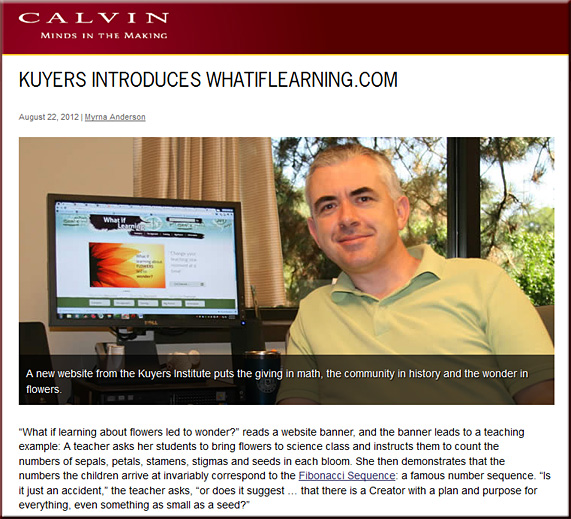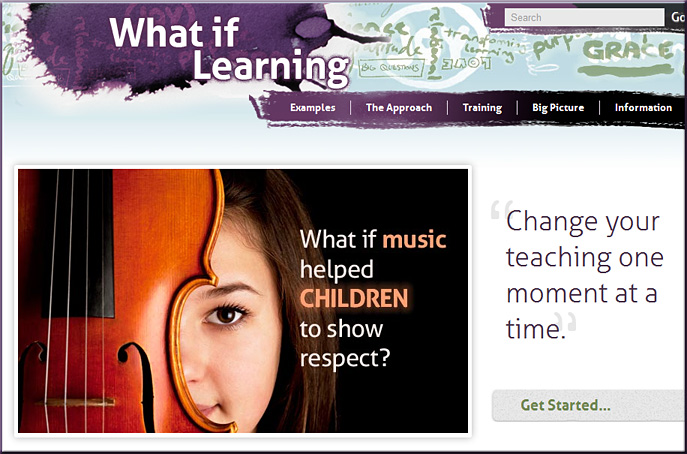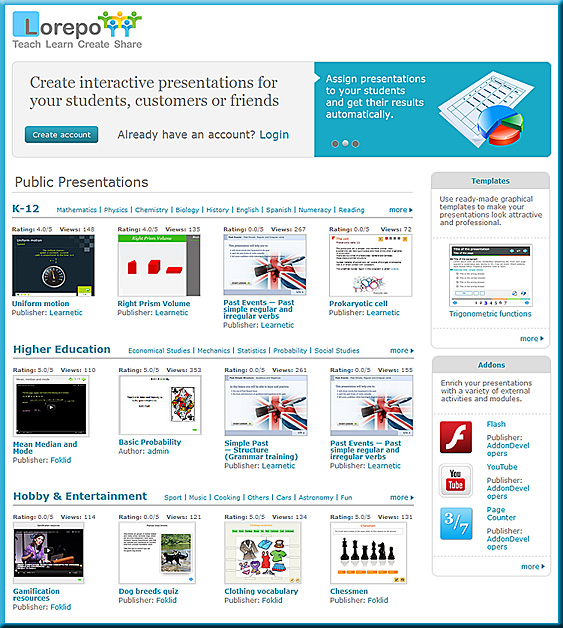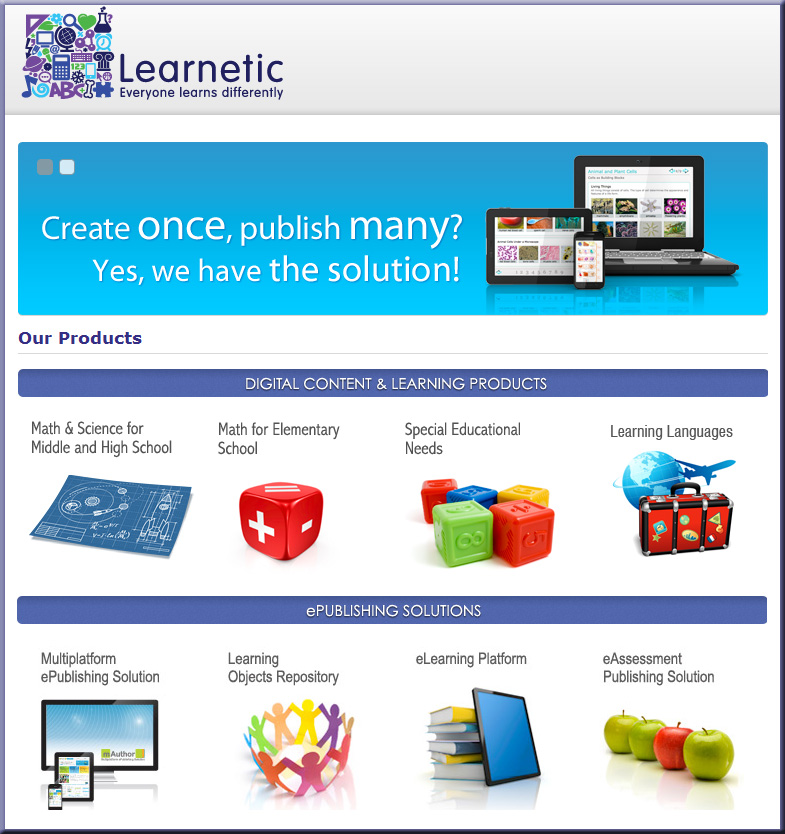Excerpt:
Back in November 2005, when this year’s graduates were in sixth grade, the superintendent of Kalamazoo’s public schools, Janice M. Brown, shocked the community by announcing that unnamed donors were pledging to pay the tuition at Michigan’s public colleges, universities and community colleges for every student who graduated from the district’s high schools. All of a sudden, students who had little hope of higher education saw college in their future. Called the Kalamazoo Promise, the program — blind to family income levels, to pupils’ grades and even to disciplinary and criminal records — would be the most inclusive, most generous scholarship program in America.
Also see:
From DSC:
- I would like to thank the anonymous donors who created and continue to sustain the Kalamazoo Promise; and to recognize their humility and service to society. They didn’t announce their gifts with trumpets; rather, they quietly gave without wanting to put their names to these enormous, life-changing gifts. What a great example for many of the nation’s top 1%-5% to follow! It’s amazing what generous hearts can do. The LORD knows who did it and continues to do it.









